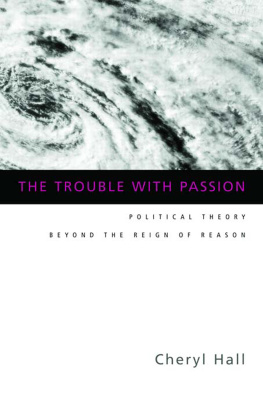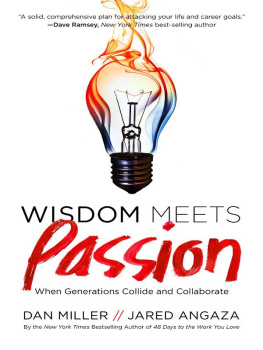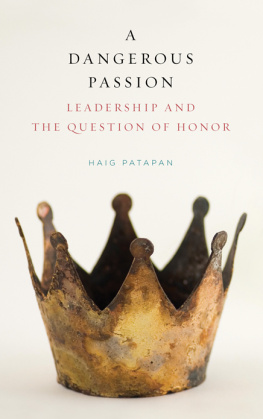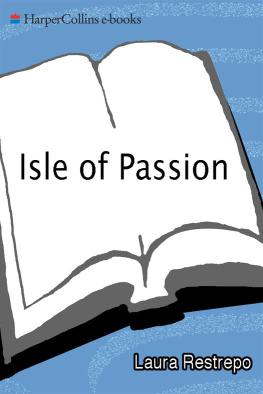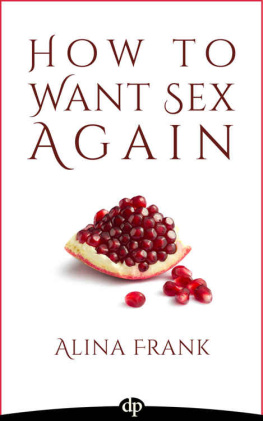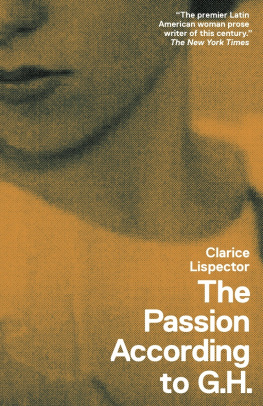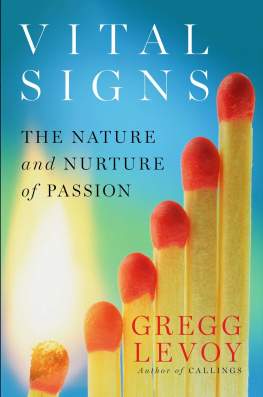Published in 2005 by
Routledge
Taylor & Francis Group
270 Madison Avenue
New York, NY 10016 | Published in Great Britain by
Routledge
Taylor & Francis Group
2 Park Square
Milton Park, Abingdon
Oxon OX14 4RN |
2005 by Taylor & Francis Group, LLC
Routledge is an imprint of Taylor & Francis Group
Printed in the United States of America on acid-free paper
10 9 8 7 6 5 4 3 2 1
International Standard Book Number-10: 0-415-93405-2 (Hardcover) 0-415-93406-0 (Softcover) International Standard Book Number-13: 978-0-415-93405-3 (Hardcover) 978-0-415-93406-0 (Softcover) Library of Congress Card Number 2004027358
No part of this book may be reprinted, reproduced, transmitted, or utilized in any form by any electronic, mechanical, or other means, now known or hereafter invented, including photocopying, microfilming, and recording, or in any information storage or retrieval system, without written permission from the publishers.
Trademark Notice: Product or corporate names may be trademarks or registered trademarks, and are used only for identification and explanation without intent to infringe.
Library of Congress Cataloging-in-Publication Data
Hall, Cheryl Ann, 1963
The trouble with passion : political theory beyond the reign of reason / Cheryl Hall.
p. cm.
Includes bibliographical references and index.
ISBN 0-415-93405-2 (hb : alk. paper) -- ISBN 0-415-93406-0 (pb : alk. paper)
1. Political psychology. 2. Emotions. 3. Plato--Contributions in political science. 4. Rousseau, Jean-Jacques, 1712-1778--Political and social views. 5. Feminism--Political aspects. 6. Political participation. 7. Liberalism--Psychological aspects. 8. Ideology. 9. Public opinion. I. Title.
JA74.5.H34 2005
320.019--dc22 2004027358
Taylor & Francis Group
is the Academic Division of T&F Informa plc. | Visit the Taylor & Francis Web site at
http://www.taylorandfrancis.com and the Routledge Web site at
http://www.routledge-ny.com |
Acknowledgments
Many people helped me write this book. One of the best parts about publishing the book, for me, is the opportunity it provides to publicly thank them for their help. To begin at the beginning, then, I would like to thank Peter Euben, Donna Haraway, Valerie Hartouni, George Kateb, Elizabeth Kiss, Ann Lane, and Hanna Pitkinteachers and mentors who long ago kindled my interest in many of the issues I take up in this book. Their superb intellectual guidance was matched only by the inspiring example of their passionate commitment to scholarship. I am especially grateful to George, Elizabeth, and Peter, all of whom gave extensive and invaluable comments on this work in its very early dissertation form. My graduate school comrades at Princeton were also a wonderful audience for trying out ideas in progress. For their feedback I am particularly indebted to Judith Barish, Sammy Basu, Joshua Dienstag, Roxanne Euben, Judy Failer, Cindy Halpern, Jamie Mayerfeld, Pratap Mehta, Sara Monoson, Natalie Stoljar, and Paul Vogt.
Several portions of this book were presented at annual meetings of the American, Southern, and Western Political Science Associations. Discussants, other panel members, and audience members all helped me to strengthen my arguments through their attentive responses. I am grateful in particular to Annalise Acorn, Cynthia Burack, Lisa Ellis, Stephen Engelmann, Christopher Kern, Peter Lawler, Brenda Lyshaug, Sara Monoson, Shane Phelan, Edward Portis, Patricia Sykes, Robert Bruce Ware, and Penny Weiss. At the University of Hawaii at Mnoa, where I spent a semester visiting, I benefited from suggestions and criticisms from faculty and students in the Department of Political Science, the Department of Philosophy, and the Office of Women's Research. I am also very grateful to Annalise Acorn, Katharina Heyer, Kathleen Hurtubise, Chloe Jessen, Shane Phelan, and Decha Tangseefa, visiting faculty and graduate students who participated in my seminar on reason and passion, as well as to Kerry Burch for enthusiastically advocating for my visit and to Kathy Ferguson for facilitating it.
At the University of South Florida I have been extremely fortunate to have a number of people with whom to discuss both political theory and feminist theory. Kennan Ferguson, Mike Gibbons, and Steve Johnston have been everything one could wish for in colleagues: knowledgeable, generous, careful, critical, supportive and, not least, fun. Together they read and commented on virtually the entire book. Marilyn Myerson and Joanne Waugh gave their suggestions on sections of the text, and Carolyn DiPalma and Betsy Hirsh provided much stimulating conversation on topics in feminist theory. I am also thankful for the many undergraduates who have taken my course in Classical Political Theory, whose exasperated yet lively responses to encountering Plato have kept me excited about the Republic year in and year out.
A number of people served as anonymous reviewers of the arguments in this book, in part or in whole, and I am grateful for the help their reviews provided. In addition, Susan Bickford and Barbara Koziak both reviewed the entire manuscript, providing comments of such generous engagement that they helped to restore my faith in the possibilities of the academic enterprise. As with all of the feedback I received, the book would surely have benefited had I been able to take all of their advice. Finally, I would like to thank Eric Nelson for pursuing and signing the book for Routledge, and Robert Tempio, Angela Chnapko, and Jay Margolis for seeing it through to publication.
Financial support from the Andrew W. Mellon Dissertation Fellowship and the University of South Florida Research and Creative Scholarship Fund allowed me two rare and much appreciated time periods in which I could focus exclusively on this work. Further institutional support came from Delores Bryant and Doris Kearney, office managers extraordinaire, without whose generous help I would have had to spend even more time navigating the university bureaucracy.
As anyone who has attempted to write one knows, a book is more than an intellectual project: it is a life project. Thus, I end with those whose contributions to this project were less tangible but no less crucial to its completion. For listening, sympathizing, offering encouragement, and tending my spirit throughout the challenging process of writing this book, I owe thanks in particular to Carolyn DiPalma, Louise Graves, Betsy Hirsh, Steve Johnston, Susan Kattlove, Ann McDowell, Gail Miller, Chris Otten, Polly Powledge, Natalie Stoljar, and Lee Talley. I especially owe thanks to my partner Denise Roemer, who has been in the unenviable position of living with me during the later stages of the process. Her loving humor, playfulness, intelligence, and passion continue to inspire, challenge, amuse, and sustain me. I deeply appreciate all of the support she has provided in order that I might do this work, and I am delighted to finally be able to say two magic words: it's done! Finally, I thank my parents, siblings, and siblings-in-law, Rascha Hall, David Hall, Laurie Hall, Darren Hall, Schuku Schabanpour, Ronna Harris, and Ian Harris, for their love, their support, and their reassuringly steady faith in me. I have dedicated the book to my nieces, Mara, Paige, and Eileen, whose developing forms of reason-passion have been a true delight to witness. May they grow up to be passionate, reasonable citizens of the world.

